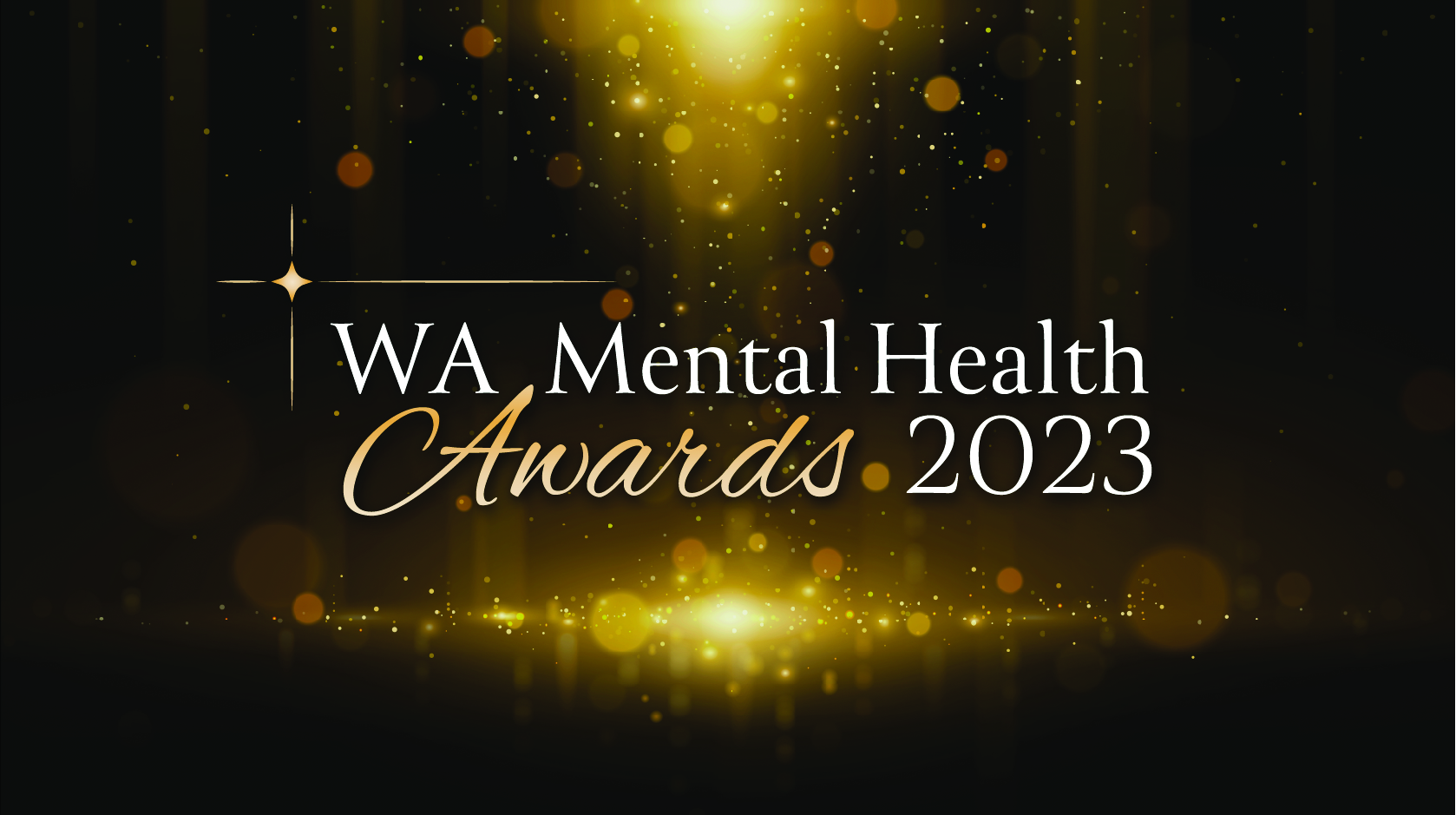Prevention or Promotion Award
Presented by Lifeline WA
2022 Winner:
The Living Room, Student Life, The University of Western Australia
The Living Room (TLR) is a welcoming, inclusive and student-focused space that promotes wellbeing through early intervention, peer support and low barrier access to the University of WA (UWA) health services to encourage connection and belonging at the university. It’s believed to be the first initiative of its kind in a tertiary setting. TLR is managed by mental health professionals and staffed by 14 diverse student peer support workers. The peer support team vary in culture and ethnic backgrounds, age, language (speaking 10 languages between them), discipline, enrolment type, personality, gender and personal lived experience. TLR can provide support ranging from emergency response for severe psychological distress, to focused supportive chats, free weekly wellbeing activities for students, such as yoga, virtual reality mindfulness, lived experience fireside chats, tailored peer-delivered brief interventions for sleep problems and/or alcohol use and ‘Pause with Paws’ (visiting student support dogs). Scope of TLR widened in 2021 when it received widespread interest from local and international universities looking to establish their own peer-to-peer support service based on TLR's model, and discussions and visits have occurred with other WA universities to explore the feasibility of replicating the service. TLR also created an online guide – The Living Room Toolkit – to support organisations interested in establishing a peer-to-peer mental health and wellbeing service similar to TLR at UWA.
2022 Finalists:
Inspire Peer Support at Fiona Stanley Hospital, Ruah Community Services and Palmerston
Inspire Peer Support at Fiona Stanley Hospital provides lived experience (peer) support to patients presenting in the Emergency Department or inpatient wards of Fiona Stanley Hospital who are experiencing mental health challenges or needing alcohol and/or other drug support. The peer support team is provided by Ruah Community Services (two peer recovery workers) in partnership with Palmerston (one peer recovery worker). Inspire peer workers are trained to use their lived experience to support clients while they are in hospital, and share their knowledge and strategies with others facing personal challenges of their own. Peers workers provide a unique perspective and offer hope to individuals who are on their own recovery journey. Evaluation by Fiona Stanley Hospital reported the Inspire team was highly valued by the clinical teams within the hospital. Based on feedback, the patient experience improved when Inspire peer recovery workers became involved and the hospital saw a reduction in re-admission rates as clients were more engaged in their recovery. Fiona Stanley Hospital recommended in its evaluation that the Inspire Peer Support service be increased to seven-days-a-week and after hours. Client feedback has been overwhelmingly positive, with some comments being:
- "I found it so helpful because the peer worker had experienced similar issues as me.”
- “The support worker was in-depth, personable and friendly. She made me feel safe and comfortable in a difficult time.”
- “Talking to a peer worker was better than anything I have experienced. She really understood.”
Shooting Stars
Shooting Stars is a not-for-profit organisation that seeks to empower Aboriginal women and girls through their education journey. Based in host schools around WA and South Australia, Shooting Stars combines advocacy and support, engagement activities, motivation and health and wellbeing sessions to strengthen participants’ confidence, cultural identity and positive attitudes, while promoting their health and wellbeing. Shooting Stars runs the Seven Sisters program, which creates a fun, interactive and culturally safe environment where Aboriginal girls feel supported to strengthen their mental health. Participants learn to recognise and manage their emotions, develop and maintain positive relationships and improve their health-seeking behaviours. The Seven Sisters program has shown success in helping Aboriginal girls and women develop positive social and emotional wellbeing skills and preventative mental health strategies, enabling them to respond and adapt to emerging challenges as they progress through the life course. Significantly, the program helps to break the ‘shame’ of using services and effectively connects participants with locally based health service providers in each town/region.
Therapeutic Crisis Intervention for Families program, Child and Adolescent Mental Health Service
The Child and Adolescent Mental Health Service (CAMHS) supports children and young people who suffer from social, emotional and behavioural difficulties, which can put them at risk of serious self-harm or violence. CAMHS introduced Therapeutic Crisis Intervention for Families (TCI-F), an empirically derived group-based program, designed to equip parents and carers with knowledge and skills to deal with crisis situations involving aggression and violence displayed by their children. Responding effectively to a child in crisis is necessary to ensure safety and to promote the child’s development. Parents and caregivers are often best placed to encourage adaptive coping in a crisis, though the required skills are not intuitive. Since 2019 more than 155 participants have completed the program. It has shown to directly positively impact the parents/caregivers who participated, but also it has indirectly positive affected their children. TCI-F has shown great promise in having a wider impact on the mental health sector and CAMHS has sought to engage the wider mental health research community by gathering data on participants’ perceptions and experiences of the program. At the time of nomination, CAMHS was working on a report to share the outcomes of the program.
